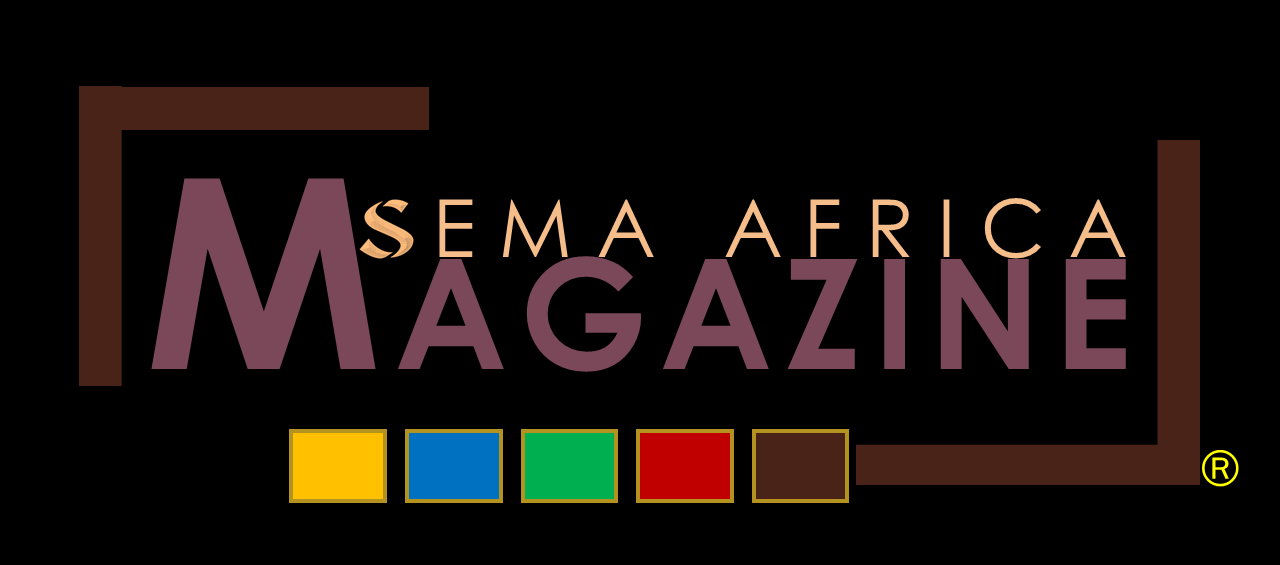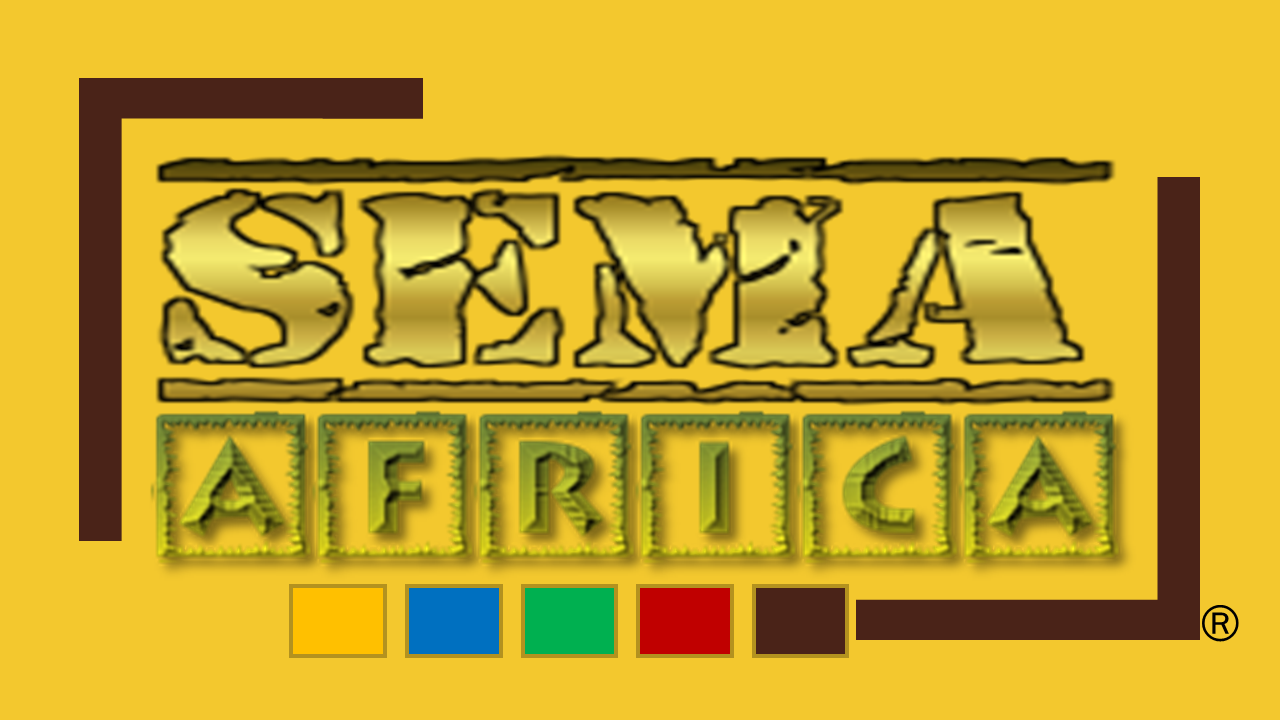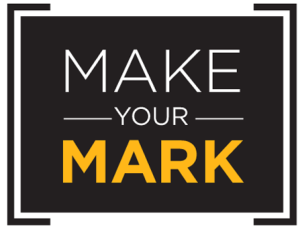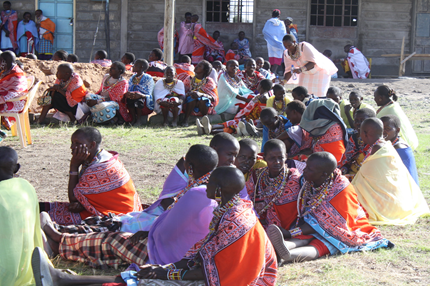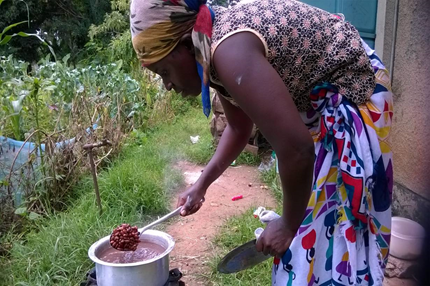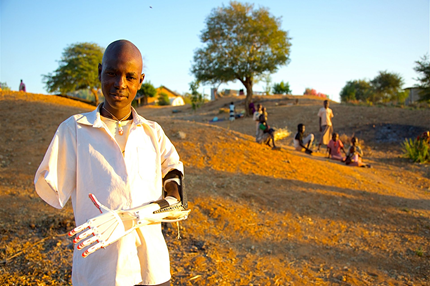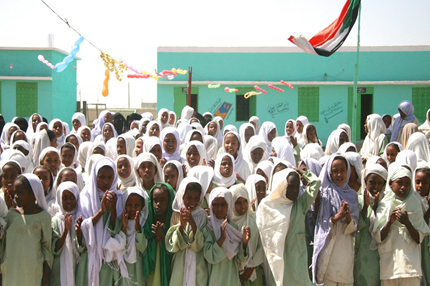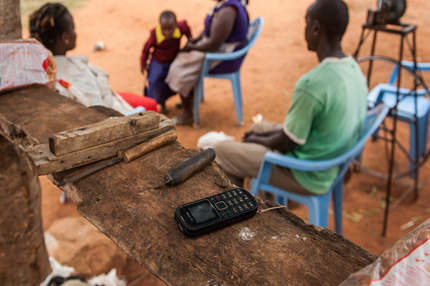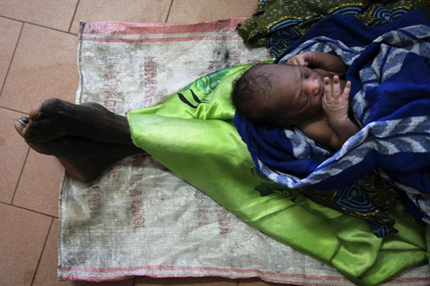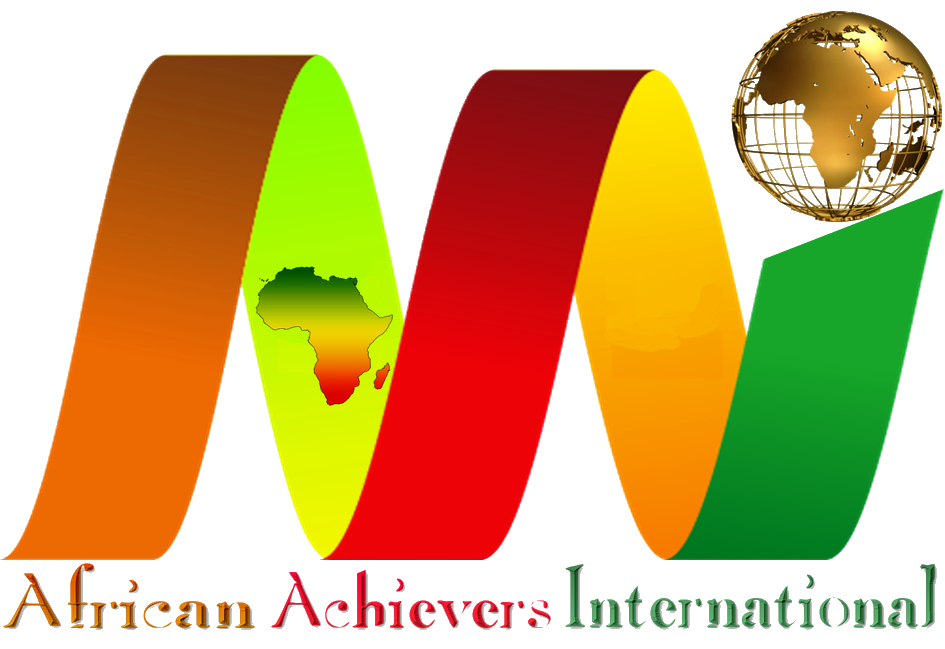Wilderness
Wi-Fi: the pioneering network linking Scotland with a Congolese
island
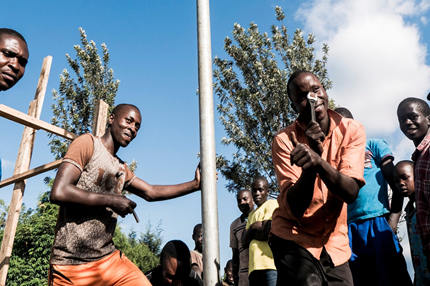
The internet arrives in Idjwi. Photograph: Fjord/First Light
‘Mesh’ system tested in the Highlands before being shipped to remote Idjwi, where its benefits for the developing world are clear
A Congolese king has introduced a specialised Wi-Fi network to a remote island after testing it in a similarly rugged and windswept environment: an estate in Scotland managed by a representative of Queen Elizabeth.
An estimated 250,000 people live the island of Idjwi in the Democratic Republic of the Congo (DRC), which has been referred to as a “forgotten population” by the world’s media.
There is no broadband infrastructure. Its benefits would be limited in any case: fewer than 10 homes on the island in the centre of Lake Kivu have a computer, while the cost of 3G and smartphones mean mobile internet is too expensive for most citizens, many of whom live on just a dollar a day.
But since May, 10,000 islanders have been able to access the free Wi-Fi being beamed across the lake by a powerful antenna. It’s a system otherwise known as “mesh Wi-Fi”, which starts with one connection – in this case in the town of Bukavu on the mainland 40 miles (60km) away – and then the signal is transmitted by a series of masts.
The new Wi-Fi supplies a kiosk in Bugarula, the island’s biggest village, which has five tablets and four computers. People can also pick up a signal within 100 metres of each mast. Unlike broadband, mesh Wi-Fi doesn’t require cables to be installed and people can make homemade antennae out of scrap metal to share the connection.
The system was recently heralded Kevin Kelly, executive editor of Wired magazine, as a technology to “shape our future”.
Women's rights and gender equality, we highlights issues affecting women, girls and transgender people.


The Scottish test
Fjord, the innovation consultancy company based in the UK and Ensemble Pour La Difference, a social incubator based in Bukavu that are delivering the project for the Idjwi king Gervais Rubenga, wanted to test the system before shipping it out to east Africa, which is where the Brahan estate near Inverness comes in.
It was the ideal testing ground, thanks to the remoteness and limited interference from other signals, and the fact that the nephew of Lord-Lieutenant of Ross and Cromarty, who manages the land, had already set up a mesh Wi-Fi system for her community.
The wind, rain and terrain were similar too, so much so that Patrick Byamungu, who leads the project in Idjwi for Ensemble Pour la Différence and travelled to Scotland for the test, says he could have been back in DRC. “It helped that the people were kind, friendly and keen to help,” he says.
After successfully setting up a mesh system that delivered fast internet, the Fjord team drew up a plan to install a tower that would take the internet from Bukavu across the lake directly to the centre of the island.
Up and running in May, the new connection has has brought many changes to Idjwi. An online public display system in the local market has been installed and shares up-to-date news, health information and messages, all sent directly by Rubenga from his Android phone.
Traders have to travel to the mainland to sell coffee and fish, the island’s two biggest exports. Now they look up which markets will give them the best price and, crucially, check the weather forecast to see if it is safe to cross the lake.
The connection also helps people access news about the latest security situation in DRC which, according to Chatham House, is locked in a slow-burning political crisis. This is information that previously could have taken weeks to reach the island, explains Byamung, who lives in Bukavu but travels to Idjwi at least twice a month.
Euan Millar, who is leading the project for Fjord, is also hopeful islanders may escape internet censorship imposed on the rest of the country. “The government is very controlling. If you apply for a phone contract you have to tell the names and numbers with all of your friends,” he says. On Idjwi, islanders can access the internet without having to disclose any personal details to the government, he adds.
Idjwi is not the first place to benefit from mesh networking. It has been set up in villages in Brazil, in rural areas from Scotland to Italy, and in Hong Kong, where protesters have used it to communicate out of the reach of government censors. It’s “particularly scaleable” in the developing world where people can’t afford individual connections, Millar says.
Full access to the internet is free on Idjwi, funded by Fjord and Ensemble Pour la Différence, but the next stage is to make the project financially sustainable. The king and the UK team want to keep basic health information and news available free by charging residents $2 a month to browse Facebook, YouTube and other sites.
For Fjord, the ultimate goal of the project is to hand full ownership to the residents. However, while they are introducing new technologies “it will take a little time for people to find their feet”, Byamungu says.
While Byamungu says that accurate weather information has been the most immediate and obvious benefit of the project, he has also been encouraged to see everyone from young people to traders and teachers connecting with the world. “When I travel I see that everyone has this luxury, it should be the same on the island,” he says.

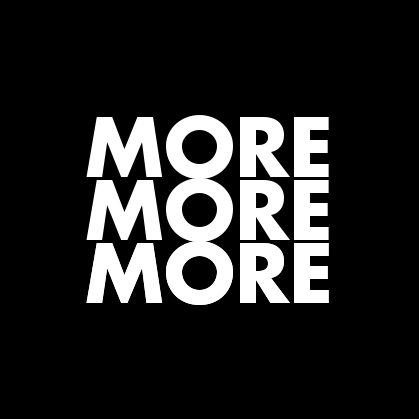
YOUR SHOPPING MADE EASY
Africa's Change Makers Magazine
COMPANY
AFRICAN ACHIEVERS INTERNATIONAL Inc. is a global media and technology company including lifestyle media publisher SEMA AFRICA
online
Magazine AFRICAN ACHIEVERS MAGAZINE, digital shopping
platform PA-BEAUTY STATION.COM, event management
PRIDE OF AFRICA, awards program AfIA
AWARDS, youth and talent development, PILLARS OF
HOPE and AAK, Volunteerism
UNIVERSIDAY grassroots community support
NAD and financial support
REMITGROW and monthly subscription box AAi Must
Have. ....
More from African Achievers International
SUBSCRIBE

